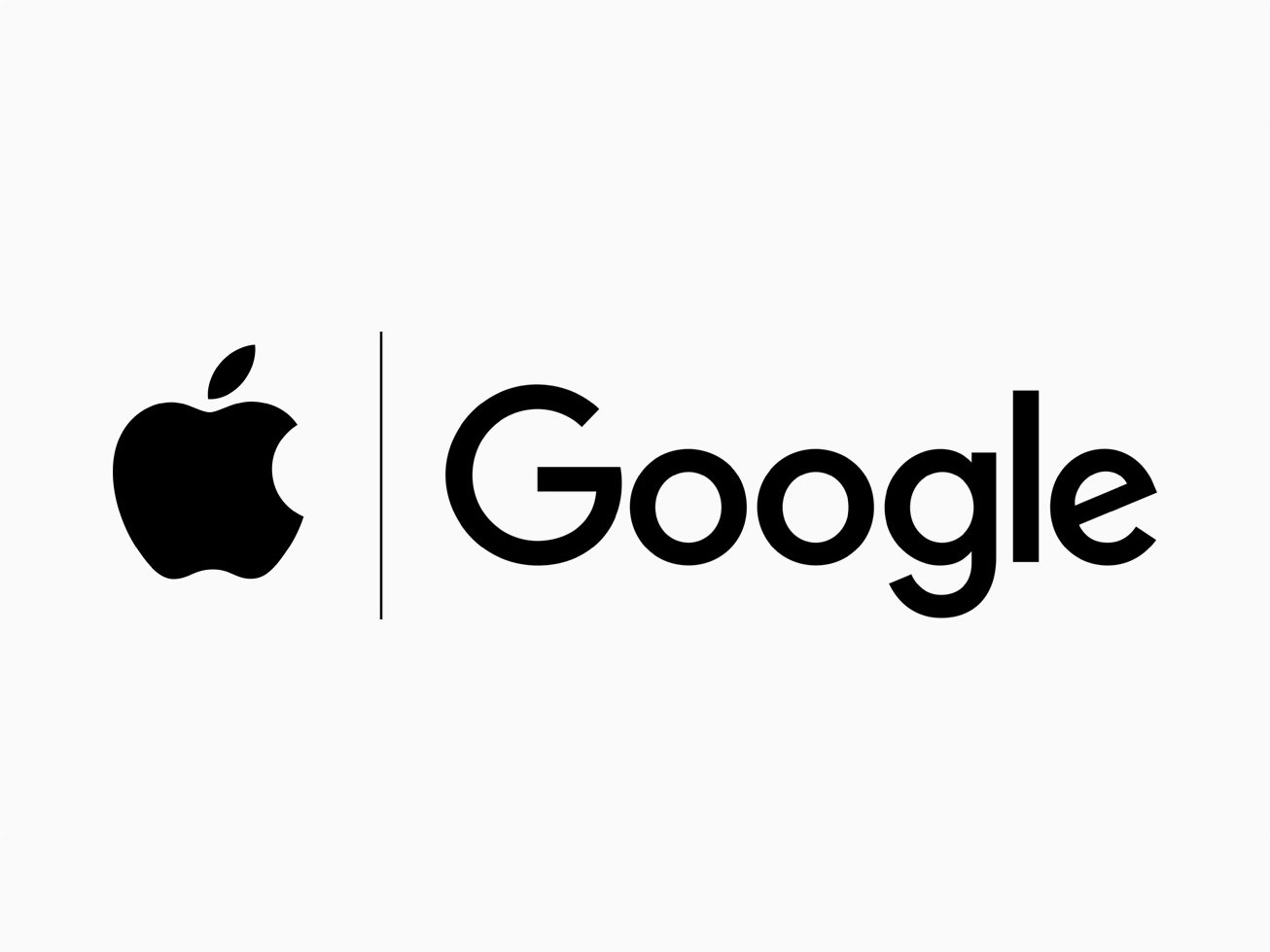Ethics board warns contact tracing apps could amplify inequality

What you need to know
- An Ethics Board has warned the NHS that its contact tracing app could exacerbate inequality.
- That's because 21% of British adults don't own a smartphone.
- The warning highlights the wider global limitation of contact tracing.
An ethics board has warned the NHS that its contact tracing app could amplify inequality in the UK, on the basis that 21% of adults do not own a smartphone.
The Financial Times notes the board's fears that many potential users in the country "will not have up-to-date smartphones - or any device at all."
In the letter, penned April 24 and published yesterday, chair of the COVID-19 app's Ethics Advisory Board Professor Sir Jonathan Montgomery writes:
Ofcom data suggests that 21% of UK adults do not use a smartphone. While the community benefits of a contact tracing app should still extend to this group, an increase in manual contact tracing is a crucial additional measure which will enhance the effectiveness of the public health approach and build public confidence. If the app becomes a tool for accessing currently restricted services or freedoms, such as permission to return to work, to use public transport, or to enjoy other freedoms, this would drastically alter the value proposition of the app and potentially introduce new levels of inequity which would need to be identified and addressed.
Montgomery further urges "a consideration of the extent to which the app could introduce or exacerbate inequities."
Recent data from the UK's Office of National Statistics has revealed that the poorest parts of England, Wales, and Scotland are all more likely to bear the brunt of COVID-19 infection. From that report:
The government must prioritise health funding for the most deprived regions in the aftermath of the coronavirus crisis, politicians and public health experts have demanded, after new data analysis revealed the devastating scale of the death toll in the poorest parts of England and Wales.
Contact tracing by way of an app could further highlight this divide, as it requires a smartphone to be functional. Recent estimates peg the UK's adult population at over 53 million. The 21% gap in smartphone adoption means that more than 10 million people may be excluded, and it is likely that many of these will be more elderly members of the population who are not digitally enabled or the poorer members of society who can't afford to buy a smartphone.
These problems, of course, are not limited to the UK, nowhere globally is smartphone adoption universal, and as with the UK, it is highly plausible that two significant limiting factors are age and wealth. The report notes that this highlights the need to focus not only on contact tracing through apps and smartphones but also on using health workers through more traditional means of communication.
Be an expert in 5 minutes
Get the latest news from Android Central, your trusted companion in the world of Android
Beyond inequality, Montgomery also highlighted that the speed at which at the app is being developed should "not undermine the importance of scrutiny or the need for transparency". He also noted that commitments should not be made to citizens to maximize adoption of the app, which are then reversed at a later date, noting that this "would profoundly damage public trust."
Have you listened to this week's Android Central Podcast?

Every week, the Android Central Podcast brings you the latest tech news, analysis and hot takes, with familiar co-hosts and special guests.

